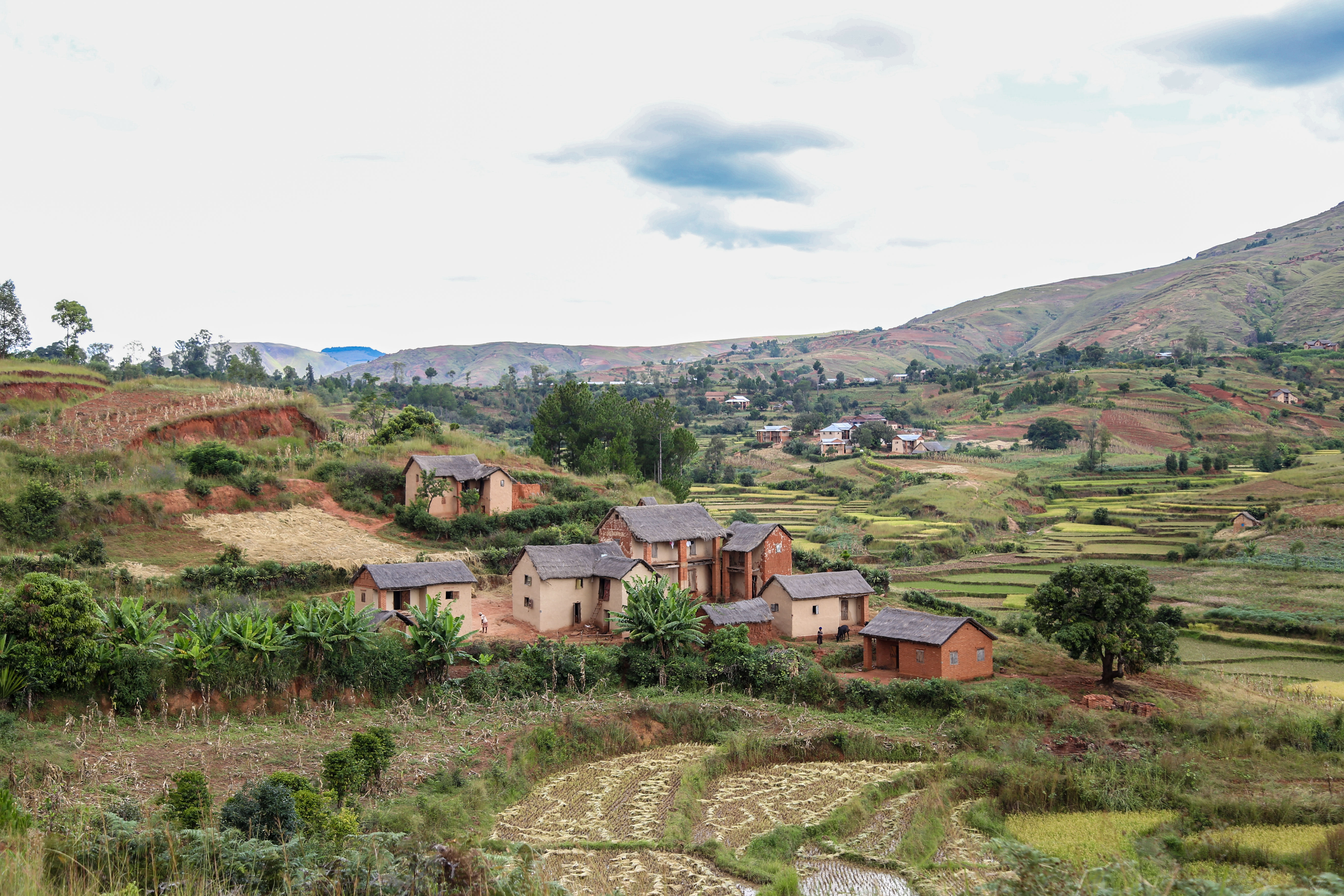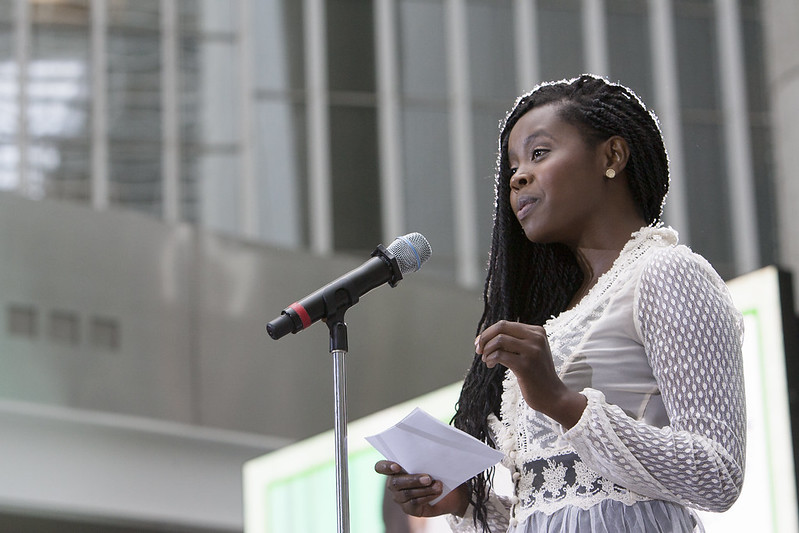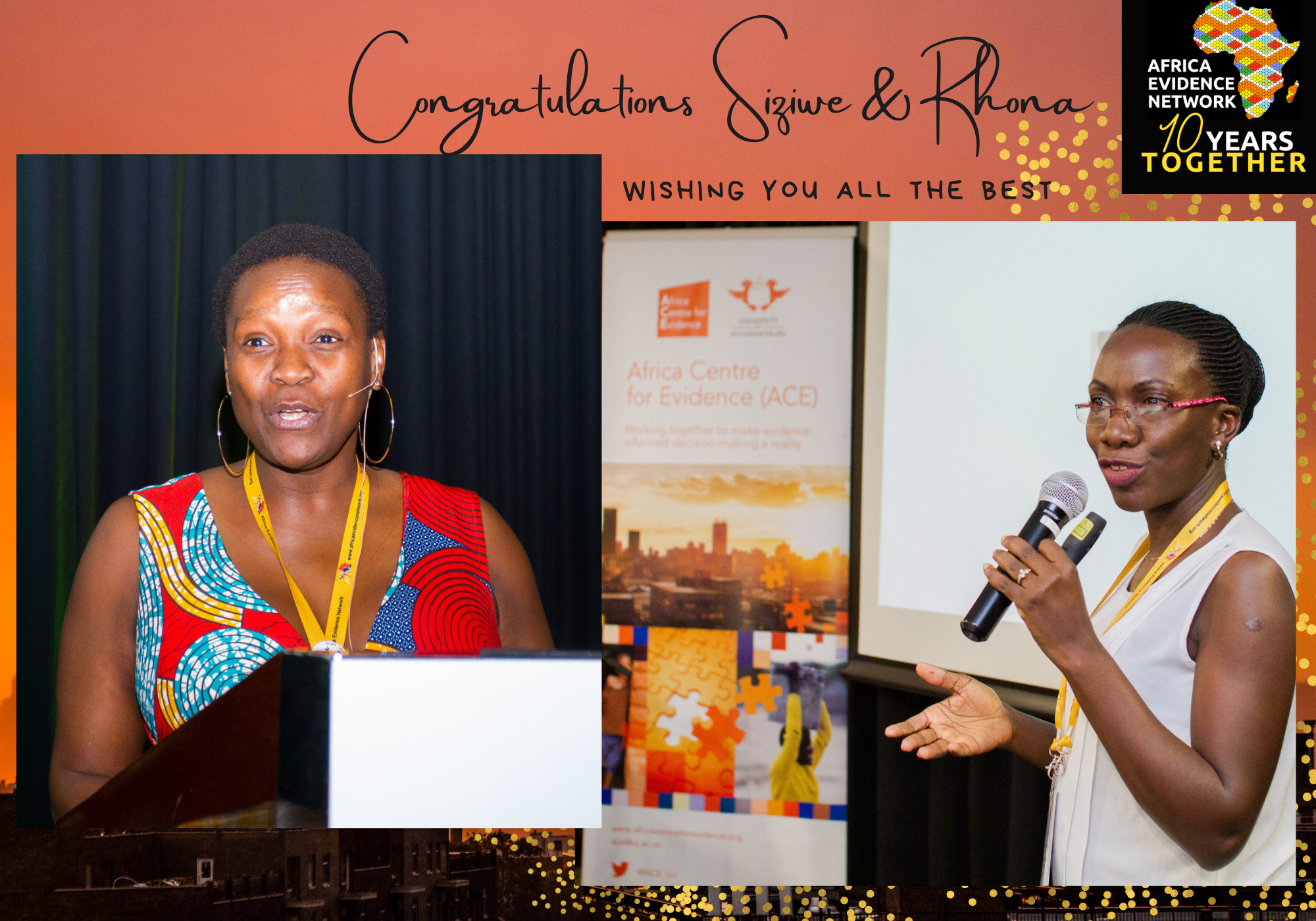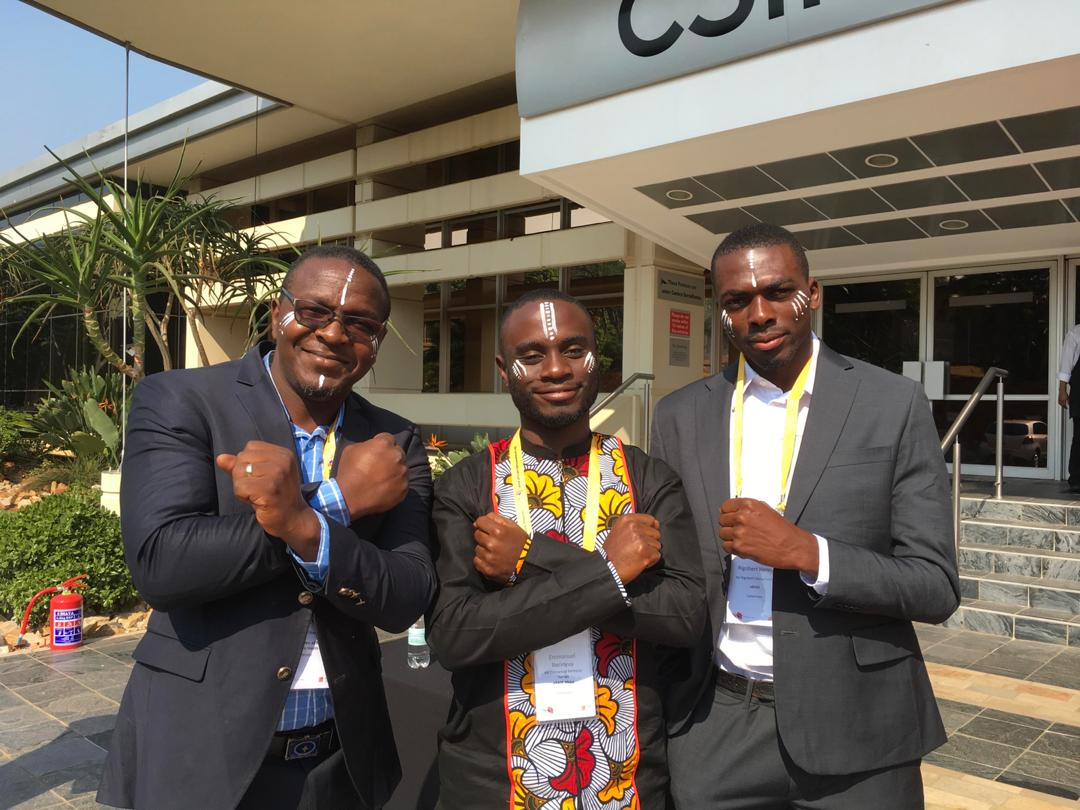
If you are interested in this topic, review the webinar presentation or watch the recorded webinar.
Photo credit: World Bank / Sarah Farhat
Background
The growing interaction among different actors within the evidence-informed decision-making (EIDM) ecosystem in Africa is increasing opportunities to learn what works and what does not in EIDM. For instance, approaches to EIDM capacity development, timeliness in providing evidence for decision-making, power and budget struggles, trust issues between researchers and decision-makers, and how to develop effective communities of practice. These lessons enable EIDM programmes to evolve, adapt and align to continental development challenges thus helping to reduce poverty and inequality in Africa. Diverse project experiences help in addressing sensitive governance and policy issues, especially where the engagement between policymakers and civil society is less fluid. Stakeholders can learn from mistakes by constantly questioning their work and adjust where necessary. In dynamic EIDM contexts, insights into ‘best practices’ aid in avoiding future similar mistakes. And to build mutual trust as stakeholders learn together by testing and adapting approaches. A recent webinar hosted by the Africa Evidence Network (AEN) reflected on the experiences and lessons learnt over the last ten years, including their implications for the future EIDM ecosystem in Africa. The panel discussion, chaired by Siziwe Ngcwabe from AEN and moderated by Josephine Watera, Assistant Director, Department of Research Services, Parliament of Uganda, consisted of Mapula Tshangela, Director, Department of Forestry, Fisheries and the Environment (DFFE), Eric Ngang, Coordinator Action Group on Governance and Environmental Management (AGGEM) and Ronald Munatsi, Director, Zimbabwe Evidence Informed Policy Network (ZeipNET).
Significant Milestone in Consolidating Lessons Learnt and Enhance Mutual Learning
The last ten years mark a significant milestone that allows the AEN Community to look at what has happened and consolidate the lessons that will inform ‘best practices’ and avoid any pitfalls in carrying forward the EIPM agenda. Reflecting on what has transpired in the last ten years offered some great lessons to consolidate and serve as a foundation for evidence-informed transformative development of the continent ranging from poverty alleviation to climate change mitigation and adaptation. The dominance of a top-down or prescriptive approach to policy and other decision-making processes in Africa stood out in the discussion, making it challenging to make a meaningful and sustainable impact on communities suffering from these challenges. Homegrown and local knowledge-based solutions through co-production of evidence used in developing and implementing responsive policies that meet people’s needs and address power dynamics among actors are some of the critical suggestions that emanated from the discussion.
Multiplicity of Evidence and Navigating the Policy Landscape
Fluidity in navigating the research-to-policy landscape requires an appreciation of the various types of evidence. Interaction among AEN members helped to improve understanding of the role of different kinds of evidence in contextualising and shaping policy. This shared learning experience resulted in some AEN institutional members, for instance, the South African Ministry of Environment, developing institutional frameworks to model how the different types of evidence - M&E evidence, research, administrative evidence, and stakeholder consultations- can be seamlessly and sustainably generated, synthesised and routinely used in decision making. Such frameworks are particularly critical in overarching issues like Covid-19 and climate change, where synthesis of implementation evidence in adaptation and mitigation requires robust, multi-sectoral approaches. At the same time, it is not always easy to balance one type of evidence against the other without an evidence-informed institutional framework. The ‘infodemic’ environment with associated misinformation adds an extra layer of complexity to the challenge. The high politics in Africa requires skill in navigating the policy landscape because it is usually difficult for policymakers to use evidence, particularly if it does not align with the political agenda. However, some sectors are more receptive to evidence than others. Development of rapid evidence synthesis platforms and identification of ‘windows of opportunity,’ including ‘politically correct’ evidence emissaries, are some of the ways to ensure evidence finds its way into decision-making.
Inclusive Mapping of Actors and Targeted EIDM Capacity Development
The AEN played a critical function in bridging capacity gaps, particularly between non-state actors and state actors, by bringing these different actors on the same platform and finding issues of common interest. Bringing these actors together facilitates the co-production of evidence for decision-making – a process previously regarded as an exclusive remit for particular groups. Previously actors worked in silos, but the last ten years witnessed the creation of platforms where diverse actors came together on board as collaborators, aiming at achieving a common goal of generating evidence to address salient development issues of the continent. One remarkable development was the growth in the capacity building for evidence-informed decision-making on the continent, characterised by a recognition of endogenous development of approaches and capacity sharing amongst the diversified actors. The AEN managed to create network opportunities where the different actors gather to look into homegrown capacity development processes that value local contexts rather than looking at blueprints developed elsewhere. A vital outcome to note was the Manifesto on capacity development for EIDM in Africa that members developed and agreed on as a tool for further collaboration in strengthening capacities in knowledge, skills, values, and attitudes needed by inclusive evidence and policy actors. Amplifying the role of the AEN in progressively becoming a continental resource and rich learning space for sharing consolidated evidence and experiences is crucial in this regard.
Networking and action learning
The AEN’s focus to ensure sustainable collaborative spaces for policymakers to meaningfully engage with other actors like knowledge producers and intermediaries through various platforms like webinars, workshops, and other peer-to-peer learning spaces must be strengthened. Researchers and policymakers have worked together to identify and synthesise more robust evidence much quicker. These platforms have resulted in increased interaction among members and the production of essential outputs to support EIDM, for instance, being part of different working groups of the network producing evidence maps, guidelines and responsive evidence reviews. Such developments have demonstrated the role of networking in supporting transformative and action learning among AEN members. Making these evidence products for continent-wide applicability can also strengthen policy responsiveness for members.
Rethinking Capacity Development in EIDM to Develop African Solutions to African Problems
AEN members did significant work to strengthen EIDM at the individual level. However, there are still gaps at the institutional and broader ecosystem level capacities, for example, stimulating demand and bolstering institutional processes that support routine evidence generation and uptake. The continued fixation by Africans on solutions from their global northern partners has contributed to the difficulty in changing certain fixed mindsets around evidence generation and use. There is a dire need to value indigenous or homegrown capacities to develop evidence for responsive policymaking. COVID-19 demonstrated the importance of homegrown solutions as most people returned to basics for survival. However, Africa is not building enough contextualised evidence to share with the broader world. Instead of relying on a constant bombardment of evidence from other contexts, the continent needs to look within and develop appropriate evidence-informed solutions based on its capacities and its own contextual environments. This way, Africa can have decolonised mindsets and proactively respond to its challenges.
About the author: Ronald Munatsi is the Director of the Zimbabwe Evidence Informed Policy Network (ZeipNET). ZeipNET works to interface evidence and policy through evidence synthesis initiatives, including institutional capacity building focusing on the interface between research and policy with an emphasis on strengthening capacities across individual, institutional and systemic levels.
Acknowledgements: The author(s) is solely responsible for the content of this article, including all errors or omissions; acknowledgements do not imply endorsement of the content. The author is grateful to Charity Chisoro for her guidance in the preparation and finalisation of this article as well as her editorial support.
Disclaimer: The views expressed in published blog posts, as well as any errors or omissions, are the sole responsibility of the author/s and do not represent the views of the Africa Evidence Network, its secretariat, advisory or reference groups, or its funders; nor does it imply endorsement by the afore-mentioned parties.
Suggested citation: Munatsi, R. (2022) Transformative Action Learning in Navigating the Evidence to Policy Landscape: Lessons from the Ten Years. Blog posting on 20 September 2022. Available at: https://www.africaevidencenetwork.org/en/learning-space/article/221/




